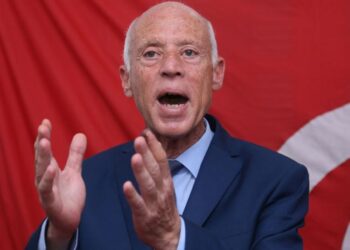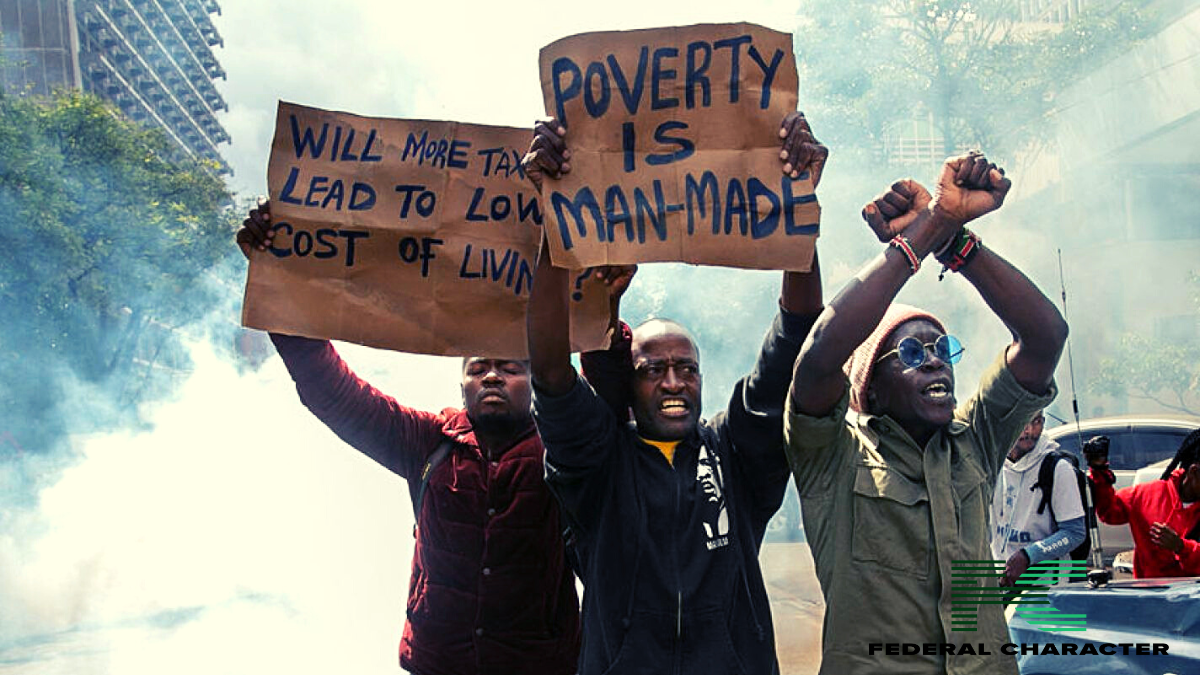South Korea’s military confirmed that North Korea has started dismantling some of its propaganda loudspeakers along the heavily fortified Korean Demilitarized Zone (DMZ), marking a potential breakthrough in strained inter-Korean relations. The move comes days after South Korean President Lee Jae Myung’s administration removed its own border loudspeakers, fulfilling a campaign promise to ease tensions with Pyongyang. Observers suggest this reciprocal action signals cautious optimism for renewed diplomacy between the two Koreas.
In an official statement, South Korea’s Joint Chiefs of Staff reported detecting North Korean troops dismantling propaganda broadcast systems in select frontline areas. “We are verifying whether this removal extends across all border regions and will continue monitoring activities closely,” a military spokesperson said. The development follows months of heightened friction, including North Korea’s balloon campaign that sent trash-filled balloons into South Korean territory in June 2024, prompting Seoul to restart its own loudspeaker broadcasts after a six-year hiatus.

The cross-border broadcasts had become a surreal feature of the Korean conflict, with South Korea airing K-pop music and news reports while North Korea countered with jarring sounds like animal howls and revolutionary speeches. Residents near the DMZ complained of sleep disruption, with South Korean officials claiming the broadcasts carried up to 24km (15 miles) at night. While some welcomed the quiet, North Korean human rights groups criticized Seoul’s decision to halt broadcasts, arguing it sacrificed leverage against Pyongyang’s repression.
The de-escalation is a stark contrast to the policies of ousted President Yoon Suk Yeol, whose hardline stance saw relations with Kim Jong Un’s regime deteriorate sharply. Yoon’s controversial December 2023 martial law declaration (justified by alleged threats from North Korean sympathizers) led to his impeachment and created an opening for President Lee’s engagement strategy. Analysts note the timing coincides with Kim Jong Un’s surprising 2024 abandonment of Korean reunification rhetoric, a ideological pillar since the 1953 armistice left the peninsula technically at war.
Why It Matters
While the loudspeaker removal represents the most visible thaw in years, experts caution that fundamental conflicts remain unresolved. The two Koreas maintain massive troop concentrations along the DMZ, and Pyongyang continues its nuclear weapons development. Still, the reciprocal actions offer a rare positive signal in a relationship that has veered between confrontation and cautious cooperation for decades.

















